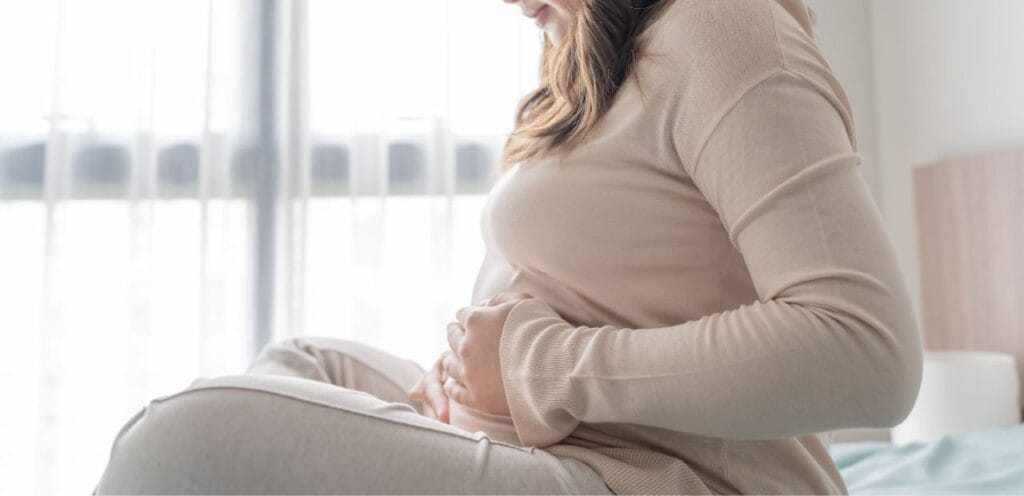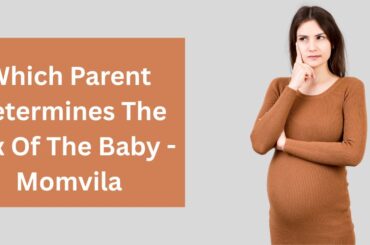Are you suffering fatigue during pregnancy? Almost all pregnant women experience pregnancy fatigue during the first trimester. This is one of the main pregnancy signs. At the end of pregnancy, it normally recovers after increasing in the second trimester. Early in pregnancy, severe fatigue can result from a dramatic increase in progesterone. Human development is demanding.
It’s like the magic happened the day your pregnancy test came out, except the legend of Sleeping Beauty didn’t give you 100 years off, and true love’s kiss is what got you into this. In the first and third trimesters of pregnancy, it is not unusual for pregnant women to feel tired. See what pregnancy feels like and the causes of first-trimester fatigue during pregnancy.
What Is Fatigue During Pregnancy?
Fortunately, this is typical. It’s your body’s way of telling you to take it easy and give it some time to get used to the incredible changes inside you. Hormonal changes play an important role in tiredness in pregnancy, especially the hormone progesterone. The first trimester sees a considerable increase in this hormone. Also, as the volume of blood increases to supply the growing placenta and fetal circulation, the heart pumps faster and faster. Low iron levels can also sometimes make you feel tired, although this is very common in future pregnancies.
What Causes Tiredness During Pregnancy?

Pregnancy is similar to what happens on long daily runs while carrying a large backpack. Even while you’re at rest, your body is working harder than ever, even if you have no idea what you’re doing.
- Elevated blood pressure
- Sleep problems
- Lower blood pressure and blood sugar
- Morning Sickness
- Depression and anxiety
- Frequent urination
- Back, hip, and pelvic pain
1. Lower Blood Pressure And Blood Sugar
Although high blood sugar (hyperglycemia) is more common during pregnancy, changes in your body during pregnancy and your insulin reaction can also cause your blood sugar to drop dramatically. This can lead to pregnancy exhaustion.
2. Elevated Blood Pressure
Blood pressure rises sharply during the first few weeks of pregnancy and then gradually throughout pregnancy. Several mutations appear to be biological: the weight of red blood cells increases according to the need to carry more oxygen during pregnancy; an increase in plasma volume is necessary to cope with the dramatic increase in blood flow to organs that require less oxygen, like the skin and the kidneys.
3. Sleep Problems
For many women, sleep can be avoided during pregnancy. Many sleep difficulties are caused by physical discomforts, hormonal changes, excitement, and anxiety related to becoming a new mother.
4. Morning Sickness
Cramps, often known as vomiting and diarrhoea, are a frequent occurrence. It occurs in about 70% of pregnancies and usually begins around six weeks of gestation and lasts for weeks or months. Symptoms usually improve in the second trimester (13 to 27 weeks; within 3 months of pregnancy). However, for some women, morning sickness occurs during pregnancy.
5. Depression and Anxiety
Chemicals in the brain can be affected by hormonal changes during pregnancy. This can cause anxiety. Some of these feelings and emotions are acceptable, while others are uncomfortable and terrifying.
6. Frequent Urination
An increase in blood volume is often the cause of the urge to urinate. Your kidneys must make extra fluid, which eventually goes into your bladder, to process this blood flow. Although urinating during pregnancy is irritating, it is also a common and common sign of pregnancy.
7. Back, Hip, and Pelvic pain
Lumbar or back pain during pregnancy is very typical, especially at the beginning. During pregnancy, the muscles in your body naturally soften and stretch to prepare for a cut.
Coping Steps for Fatigue During Pregnancy

- Rest: When you are tired, make sure you get more rest in bed. If applicable, take a daytime nap or go to bed early to achieve this. Avoiding fluids a few hours before bedtime is also a good way to reduce the amount of time you have to get up at night to go to the bathroom.
- Adjust your schedule: If your current obligations or responsibilities seem to weaken during your pregnancy, you may need to temporarily adjust your schedule so you don’t get too busy. This may include reducing your work hours, if possible, or asking friends and family to help with homework or chores.
- Consume nutritious foods: Consuming nutritious foods will help you maintain your energy levels. Fatigue can be worse if you don’t get the right nutrition. Also, you will need to make sure you stay hydrated during pregnancy.
- Exercise: You may feel like you don’t have the energy to go all day, let alone exercise. Also, try to take daily breaks to stretch and breathe deeply.
- Expect to be kind to yourself. You may feel like a shell of your former self as a result of the exhaustion of pregnancy. But rest assured, in your second trimester, you will probably feel much stronger. You may be feeling better than before and ready for a late-night movie or weekend getaway. If you are in your third trimester, your sleep may be worse when your baby arrives. But in the end, the tiredness will disappear and you will be amazed at what you have achieved.
What Can You Do to Feel Better During Pregnancy?

- A little exercise can give you strength and can even help you relax when you fall asleep.
- Make a plan for your sleeping habits.
- Nutrition and a small, regular, healthy diet can keep you active and can also help with nausea.
- Try stretching or deep breathing exercises if you’re at work and you’re having trouble with droopy brows. Take a break outside or go to the office.
- Drink plenty of fluids throughout the day and a few hours before bed. This can help you avoid getting up and urinating at night.
Conclusion
Pregnancy can be a daunting task. You feel tired during pregnancy because you are raising a child. You may also feel tired and have low energy levels as a result of physical and emotional changes. Both emotionally and physically. Almost all women experience extraordinary tiredness at some point during pregnancy. Consider it a sign from your body. It tells you to relax, and you should listen. For more blogs and information visit Momvila.
FAQs
Q: Is extreme tiredness normal in early pregnancy?
Yes, fatigue is very common in the first trimester due to hormonal changes and the body working hard to support the developing fetus.
Q: When does pregnancy fatigue typically improve?
Many women experience some relief from fatigue during the second trimester, but tiredness often returns in the third trimester as the body prepares for labor and childbirth.






